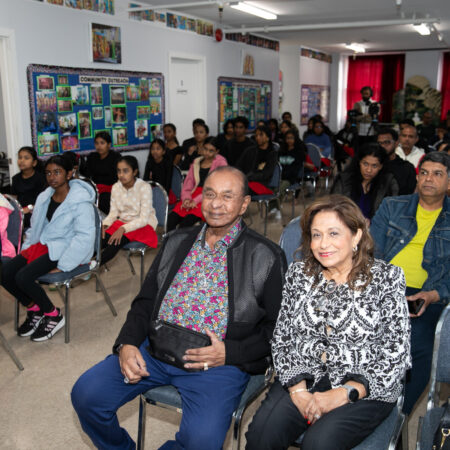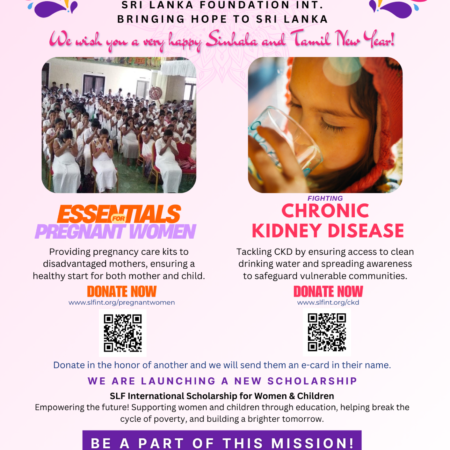In Sri Lanka, the plantation sector comprises tea, rubber or coconut plantations managed or owned by the state, regional plantation companies, individuals, or families. About 4 percent of the Sri Lankan population live in plantations. And while poverty rates have improved significantly in the last decade across Sri Lanka, people living in plantations are still among the poorest in the country. The Mount Vernon Estate, Middle Division, Hatton had an old Child Development Center (CDC) closer to the road with very limited space for the children to move around.
Until recently, the facilities were beyond repair.That is, until the World Bank-funded Sri Lanka Early Childhood Development Project provided financial assistance to build a spacious new CDC. The construction work was completed in October 2017 and handed over to the community. Nearly 20 children now attend the CDC every day.
A World Bank report published in 2014 notes that Sri Lanka’s public spending on education as a percentage of its economy is the lowest in South Asia and its spending on early childhood education (ECE) is significantly lower than the global average.
Around 60 percent of preschools are run by the private sector and 24 percent by other organizations and religious groups.
Income and location are found to be among the key determinants to access ECCE services.Children from the richest 20 percent of the population are 17 percent more likely to be enrolled in preschools than children from the poorest 20 percent. Enrollment rates in urban areas is 10 percent higher than enrollment in rural or estate areas.
The Government of Sri Lanka has committed to improving early childhood care and education through the Early Childhood Development Project financed by the World Bank. The project will run until mid-2021 and, under the leadership of the Ministry of Women and Child Affairs, will support all ECD centers, giving priority to poor, remote and/or underserved areas.
Whether in plantations or in the rest of the country, the needs are immense.
For staff members working at CDC in Mount Vernon Estate, the project has brought the hope of better early childhood care and development opportunities.They are hopeful too that all children will continue attending the center and enroll in primary school.
http://www.sundaytimes.lk











![TV-Poster-All-Exhibition-Sri-Lanka-in-Focus-USA-2025[1]](https://www.srilankafoundation.org/wp-content/uploads/2025/04/TV-Poster-All-Exhibition-Sri-Lanka-in-Focus-USA-20251-450x450.jpg)










